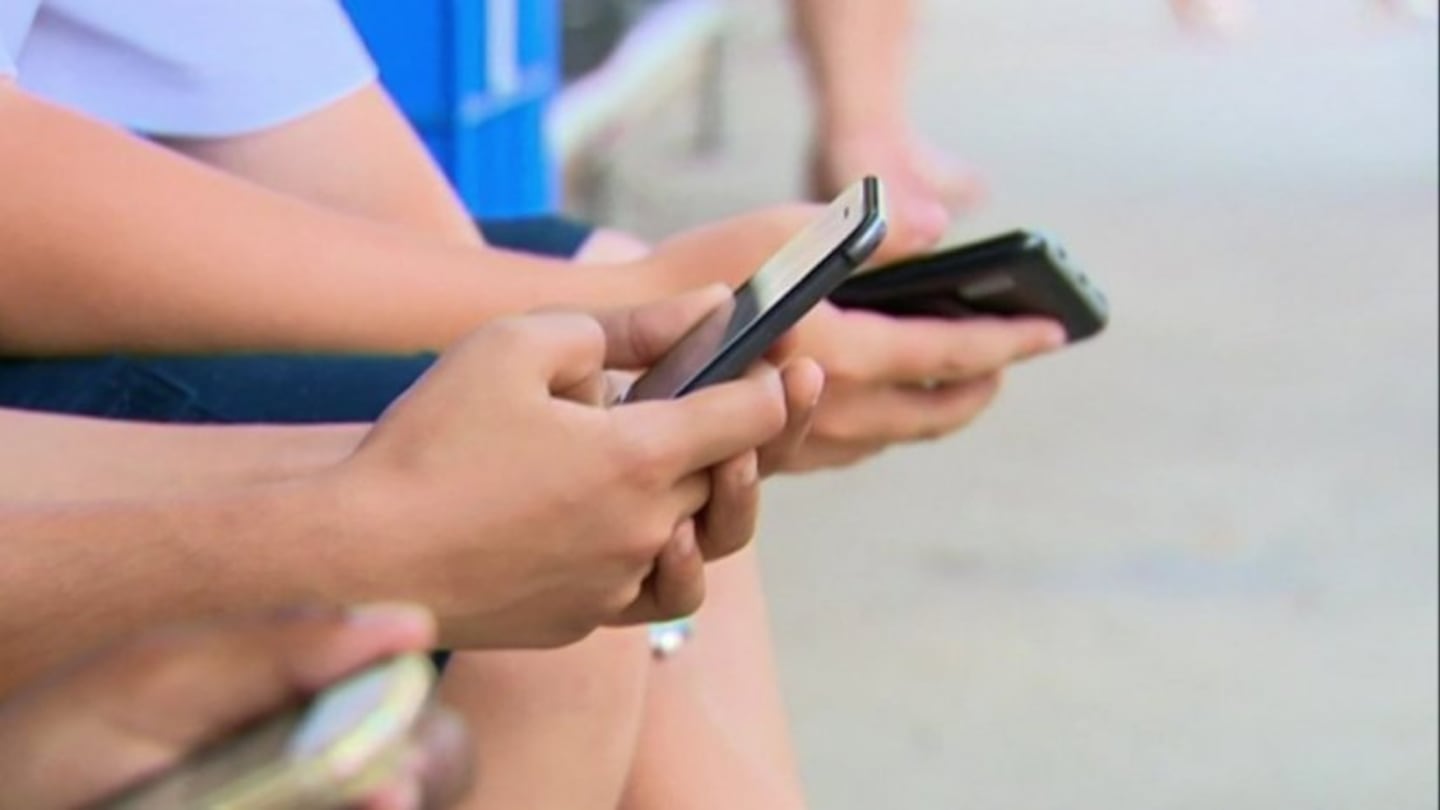University of Canterbury researchers hope a new app they are developing will bring relationship and sexual education into the modern world, with Māori and Pasifika whānau in mind.
The app, Te Puāwaitanga: Beyond the Birds and the Bees, is being described by the development team as a one-stop shop that aims to address gaps in sexuality and relationships education, particularly within Māori and Pasifika communities, not only for rangatahi but their families too.
“Relationships and sexuality education is included in the New Zealand curriculum but we know, from different literature, reviews and research that what's being delivered isn't necessarily consistent," projector coordinator Jessica McQuoid says.
“So we are providing the app with information we know is legit, we know is accurate. It's all in one place, young people and their families can go to it, they can scroll through what they need to what they like,” she says.
Cate Mentink, who founded the project, and whose research and work with Māori health providers is the catalyst for the app hopes to fill gaps in traditional methods of relationship education.
“Health and sexuality education that young people were getting through schools, and sometimes at home, wasn't necessarily meeting the needs of our young people,” she says.
Rangatahi asked for it
McQuoid, who runs sexual violence prevention programmes with secondary school students, says the app is something rangatahi have been looking for.
“I was getting feedback from my students of them wanting information in a digital space that they could access outside the classroom and whenever they needed it, rather than having to kind of troll through Google and sites like that with very little guidance.”
The concept is based on an app and website in the Netherlands called Sense, which provides an interactive platform to access information through quizzes, flip cards, and videos on a wide range of topics, from consent to how to have healthy relationships.
“Young people, when [with] their families or their friends, can be on the app together, going through the information in a fun way. Like, it doesn't have to be a big, serious topic, and really kind of hefty information," McQuoid. says. "It can be quite simple and effective."
Mentink, whose research included talking with rangatahi, says “Young people don't necessarily always want to talk to their parents about it but this may support them to either look at it by themselves or look at it with their whānau and not in like a birds and bees conversation but actually ina fun and interactive way.”
Being inclusive
While the app will be available to everyone, there will be particular attention made to the needs of Māori and Pasifika. Both Mentink and McQuoid agree creating an app with attention to some while not alienating others will be a challenge.
“Making it supportive of Maori and Pacific needs and the bicultural element isn't neglecting others. It's just ensuring it is bicultural and that we actually are being inclusive and representative culturally of each different element as well,” Mentink says.
The project will work in collaboration with Māori health providers, and ‘pou’ within the Māori and Pasifika communities to ensure the information in the app is culturally protected.
While there will be elements to the app that refer to sexual education, McQuoid says the wider intention is to help build healthy relationships of all kinds between people, be they intimate, friendship or social. The developers are looking at how the app can help rangatahi and their families learn and understand other cultures, including faith and religious backgrounds.
“I can't speak to exactly the content that's going to be in that yet, because we are yet to develop all of that. But, there's definitely going to be a focus on that, and how to navigate, whether starting a dating relationship, being in a school environment and interacting with friends who are from different cultures, or adults.”
For parents or caregivers who may be uncomfortable with their rangatahi having access to sexual and relationship education at the tips of their fingers, McQuoid says the app is being designed to help overcome the taboo and stigma nature of conversations in years gone by.
Does no harm
“We can provide this app as a way to open up those conversations and to say, ‘hey, it's okay to have this information and for your young people to have this information. It's not going to do them any harm. In fact, it's going to be the complete opposite. They're going to become really skilled and equipped to navigate life and just live really happy lives and have healthy relationships and all that good stuff.
“A lot of it does go back to education and whanau and how tamariki and rangatahi are actually currently engaging with things," Mentink says. "This can be used as a tool to help them talk as a whānau, or for the young people to feel comfortable and talk to their friends about it, and actually know it is accurate ... know that they're not going to be using pornography instead, or looking on social media and seeing on Tik Tok this is how it is when really that's not the case,”
The project has been granted $20,000 through a UC Innovation Jumpstart award and more funding is being sought to ensure its success. Te Pūawaitanga is in development and is hoped to be ready for launch in August.

